About SUNCASA
SUNCASA is working to strengthen climate change adaptation and biodiversity protection in Dire Dawa (Ethiopia), Kigali (Rwanda), and Johannesburg (South Africa) by responding directly to locally identified needs and priorities. By implementing gender-responsive nature-based solutions (NbS) for watershed conservation and restoration, the initiative aims to increase urban resilience to a host of climate-related risks, including flooding.
Approximately 2.2 million people living in high-flood-risk areas will directly benefit from the gender-responsive NbS. In addition, an estimated 7 million residents will see increased resilience to urban water stress and heat, landslides, and soil erosion while benefitting from the climate-resilient livelihoods generated by the project.
Some of the nature-based solutions SUNCASA will implement include the restoration of degraded lands in Dire Dawa and Kigali, the reforestation and rehabilitation of degraded urban forestlands in Kigali, and the removal of alien invasive species in Johannesburg’s Jukskei catchments. Alongside restoration activities, SUNCASA will rehabilitate riparian and wetland buffer habitats and increase urban tree canopy coverage to address urban heat island effects in all three locations.
Our Approach
SUNCASA’s success is founded on three pivotal assumptions. First, an improved understanding of the intersectional gendered impacts of climate change will foster openness to gender-responsive NbS. The second is that local partners are committed to embracing NbS as an effective and financially viable response to tackling climate-related risks. The third is that municipal officials and other stakeholders are open to adapting current governance frameworks to become more gender inclusive and responsive.
Our Goals
The SUNCASA initiative aims to:
- develop and implement gender-responsive NbS to restore and rehabilitate river catchments, reducing flood risk and ensuring water security;
- promote gender equality and social inclusion, removing barriers for women and underrepresented groups in climate adaptation decision making, planning, delivery, and monitoring;
- build resilient livelihoods and protect local biodiversity;
- create green job opportunities;
- improve the well-being of communities by developing green public spaces.
SUNCASA Team
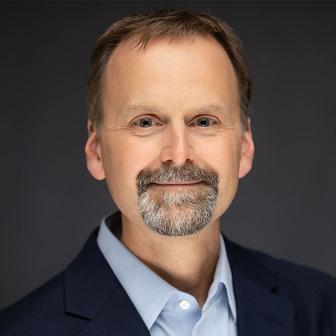
Benjamin Simmons
Director, Sustainable Infrastructure
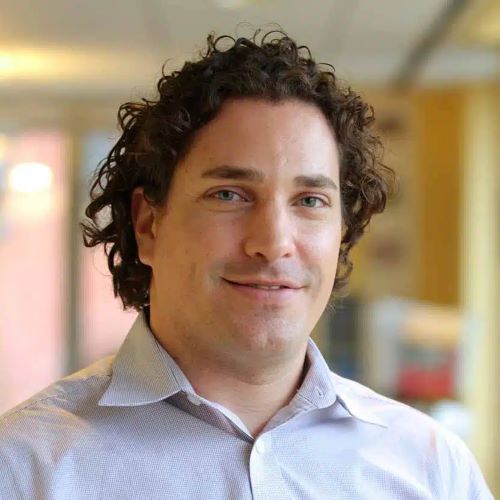
Todd Gartner
Director, Cities4Forests and Natural Infrastructure, WRI
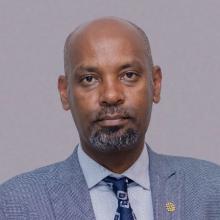
Aklilu Fikresilassie
Director, Thriving Resilient Cities, WRI Africa; Representative of WRI in Ethiopia
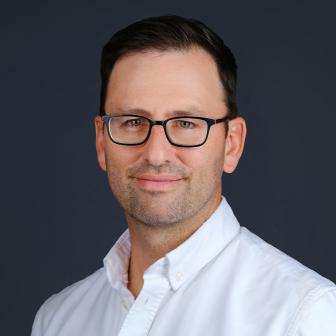
Alec Crawford
Director, Nature for Resilience
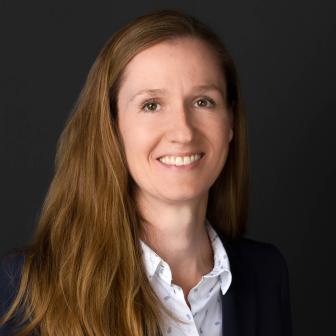
Janina Schnick
Lead, SUNCASA Project
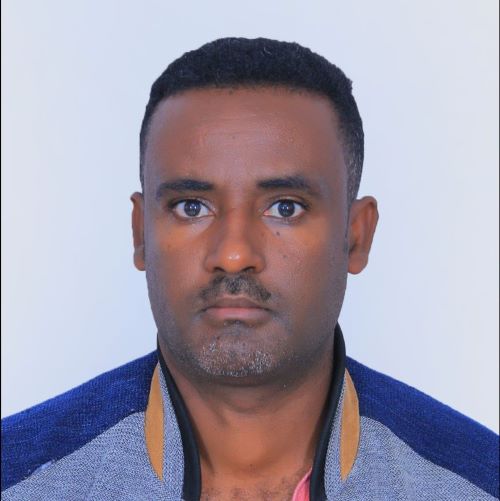
Alemakef Tassew
Urban Development Project Specialist, WRI Africa
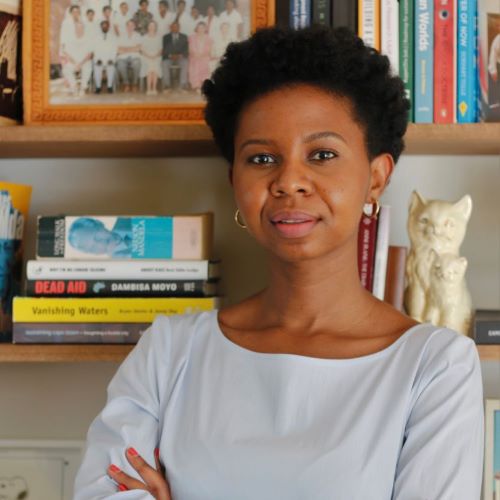
Amanda Gcanga
Country Lead for Urban Water Resilience & Senior Urban Policy Analyst, WRI

Ana Balanean
Policy Advisor, Gender Equality and Social Inclusion

Ayushi Trivedi
Research Associate, Gender and Social Equity, WRI
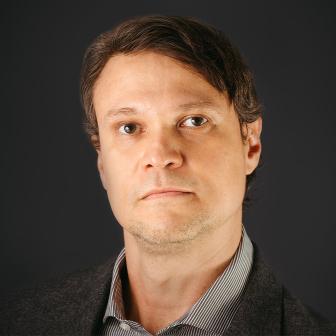
Cesar Henrique Arrais
Senior Communications Officer
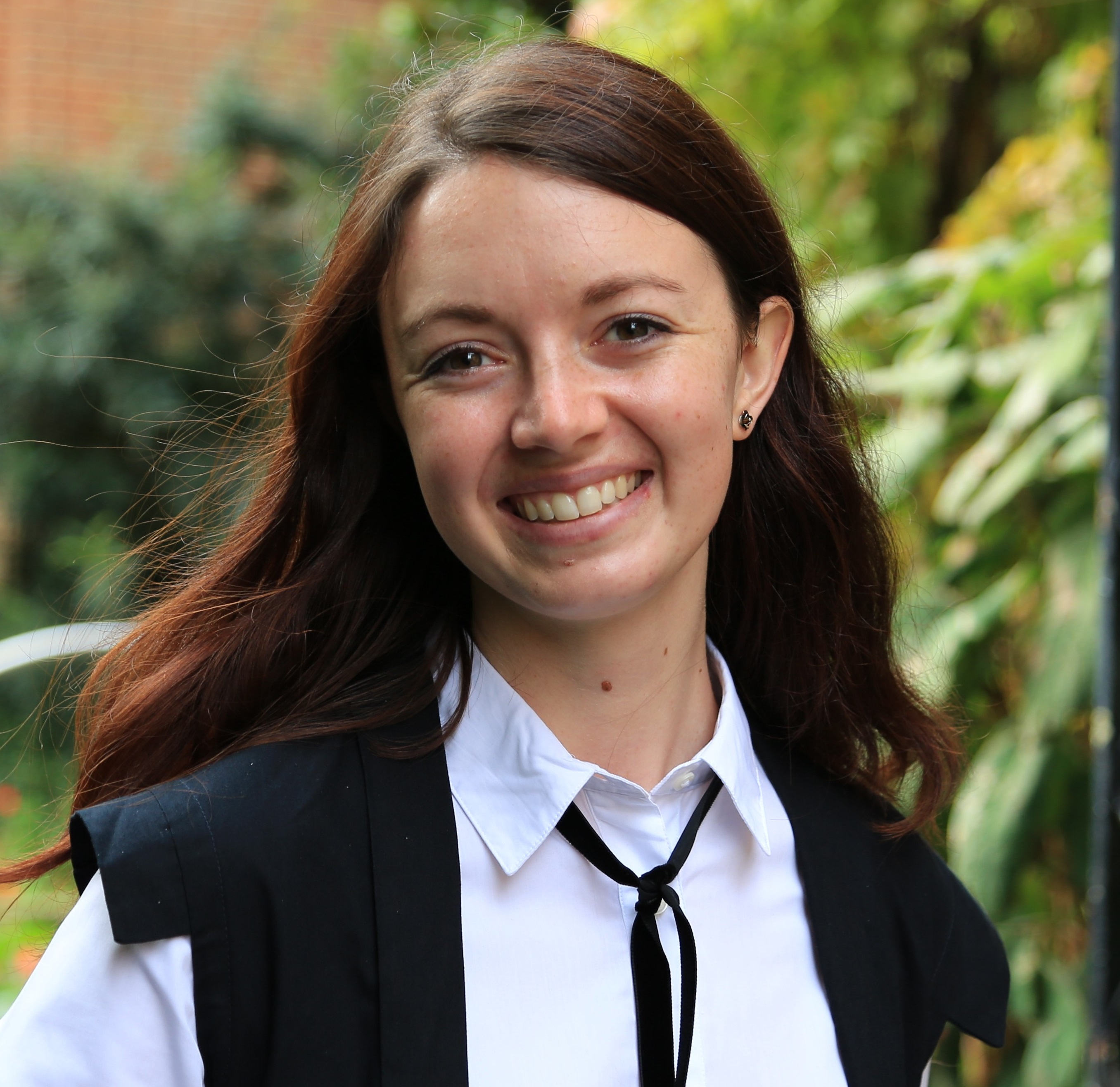
Clare Blackwell
Research Analyst II, WRI
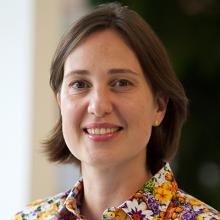
Daniela Facchini
Director, Global Operations and Program Management, WRI Ross Center for Sustainable Cities

David Uzsoki
Lead, Sustainable Finance
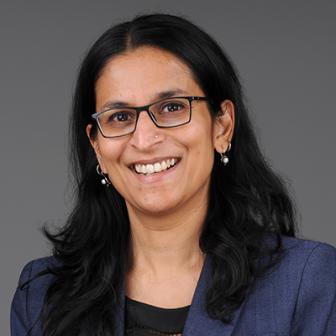
Dimple Roy
Director, Water Management
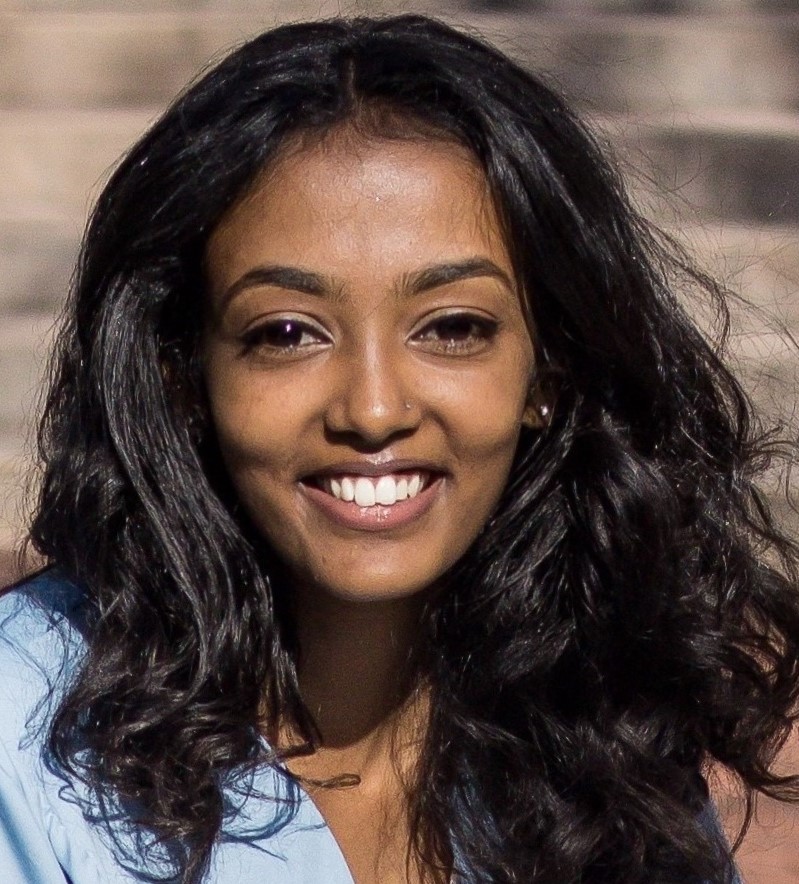
Eden Takele
Engagement & Communications Specialist, Climate Program and WRI Ross Center for Sustainable Cities, WRI Africa

Hajra Atiq
Project Manager
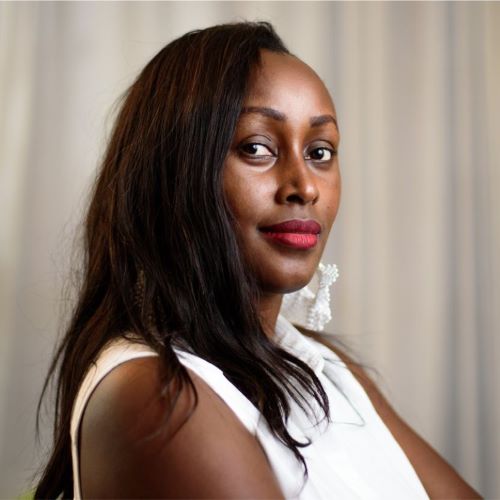
Hellen Wanjohi-Opil
Resilience African Cities Lead, WRI Africa
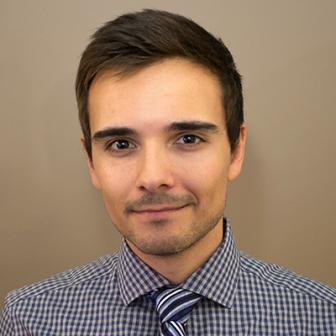
Joey Simoes
Hydrologist II
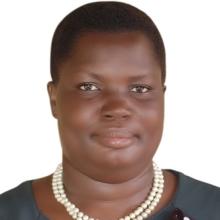
Josephine Apajo
Planning, Monitoring and Evaluation Learning Manager, WRI Africa
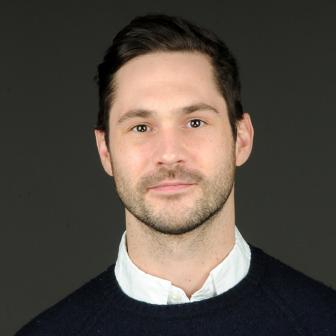
Kyle Wiebe
Policy Advisor, Tracking Progress
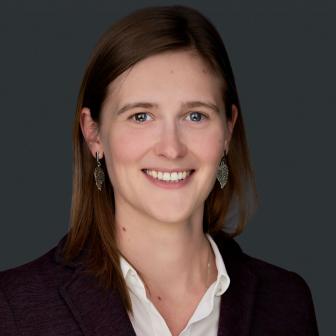
Liesbeth Casier
Lead, Public Procurement and Sustainable Infrastructure and Coordinator of the NBI Global Resource Centre
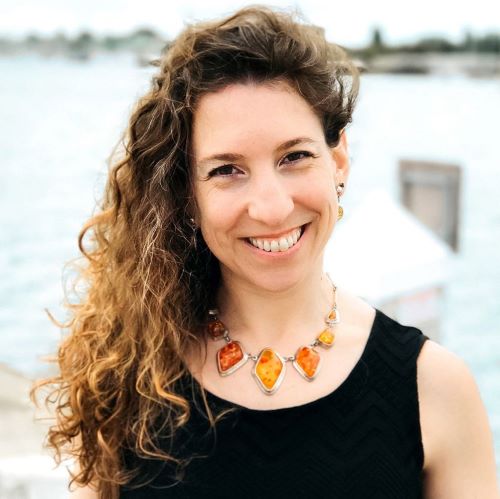
Lisa Beyer
Urban Water Infrastructure Manager, WRI
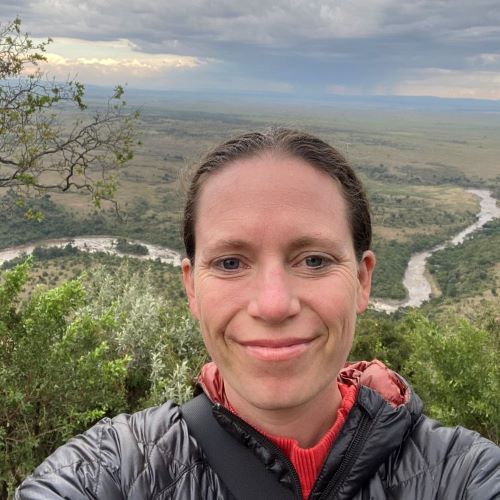
Lizzie Marsters
Environmental Finance Manager, Natural Infrastructure, WRI

Lynn Wagner
Senior Director, Tracking Progress
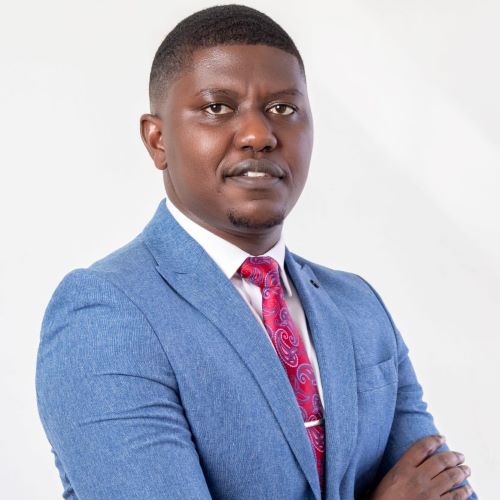
Marc Manyifika
Country Lead for Urban Water Resilience/Lead Spatial Planner for the program, WRI Africa

Matthew TenBruggencate
Communications Manager
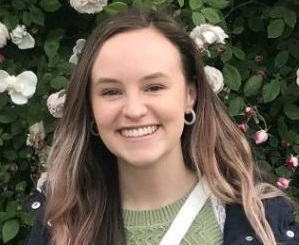
Meghan Stromberg
Urban Resilience Project Coordinator, WRI Ross Center for Sustainable Cities

Michail Kapetanakis
Research Analyst

Nona Rogava
Project Manager
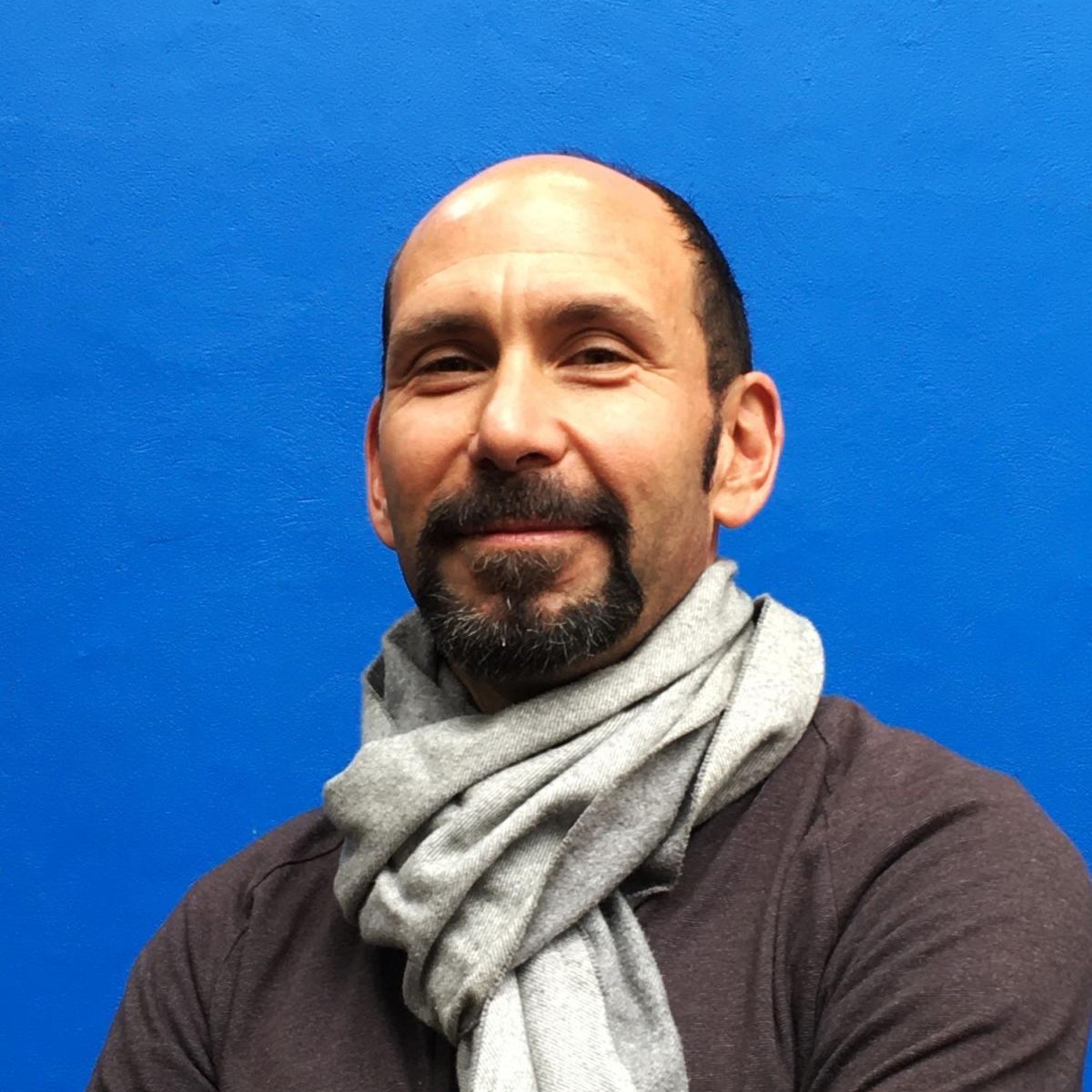
Pablo Lazo
Director of Urban Development, WRI Ross Center for Sustainable Cities

Richard Grosshans
Lead II, Bioremediation
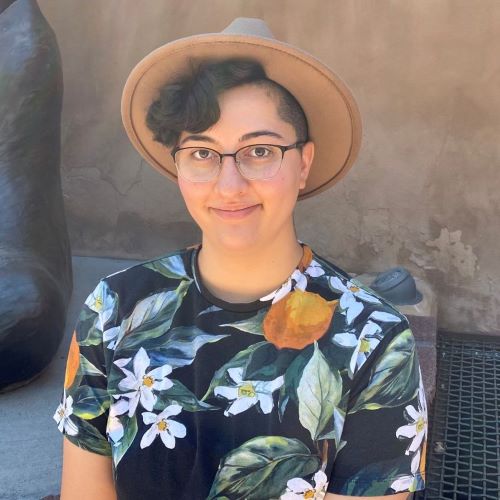
Sadof Alexander
Communications Manager, Cities4Forests, WRI
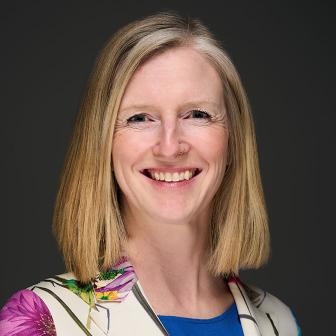
Samantha Boardley
Associate
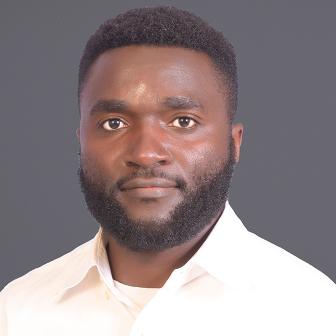
Stanley Chasia
Policy Advisor, NBS Biophysical Monitoring

Stefan Jungcurt
Lead II, SDG Indicators and Data, Tracking Progress
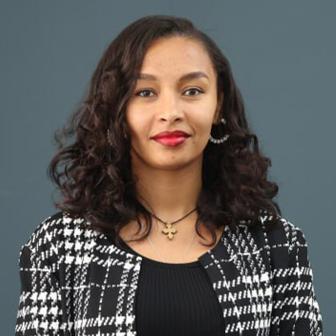
Tigist Mergya
Project Assistant, SUNCASA

Tristan Easton
Senior Project Manager
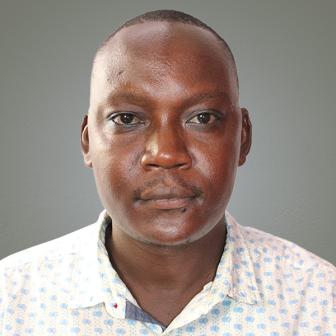
Zephaniah Migeni Ajode
Project Manager, IISD-ELA

